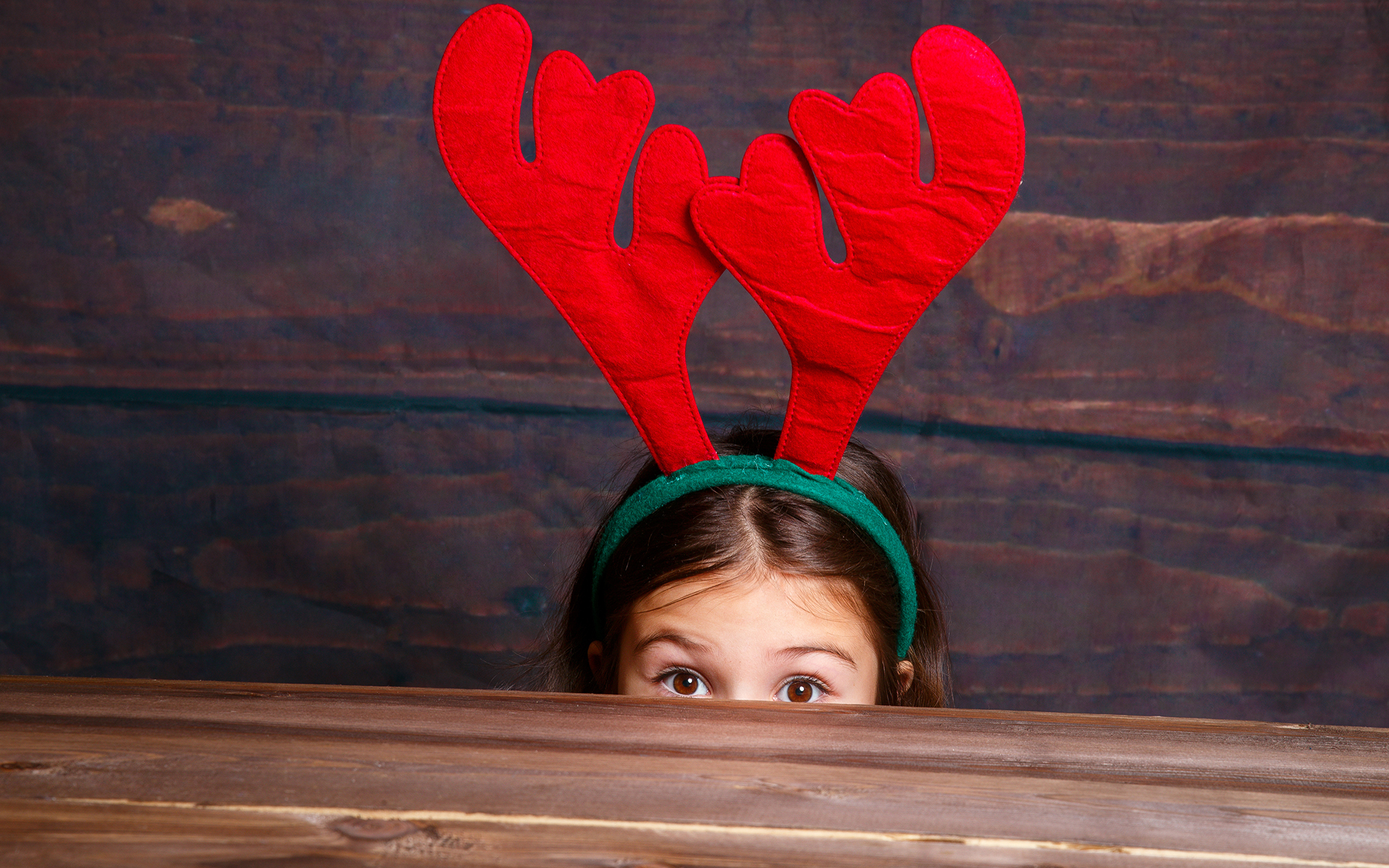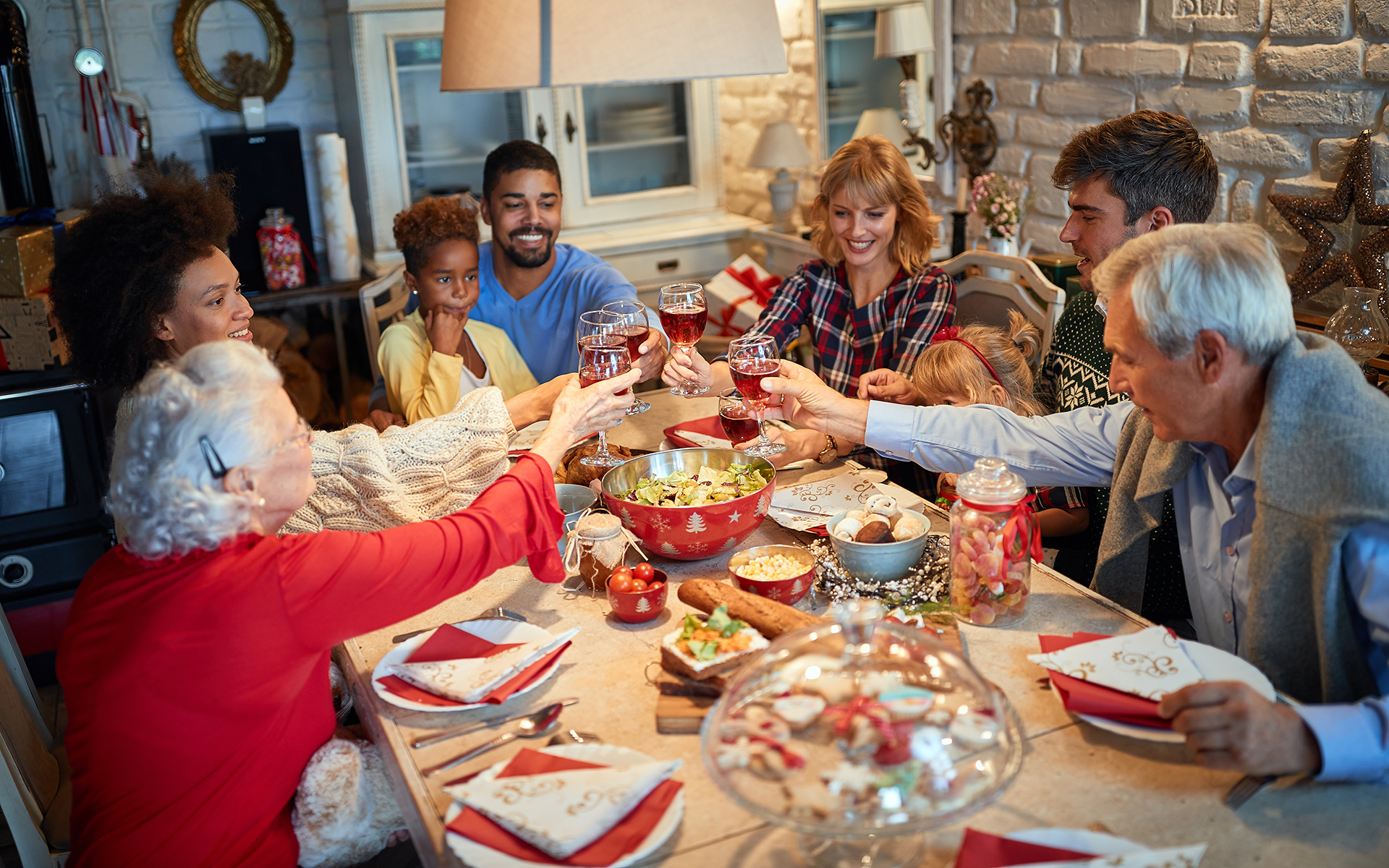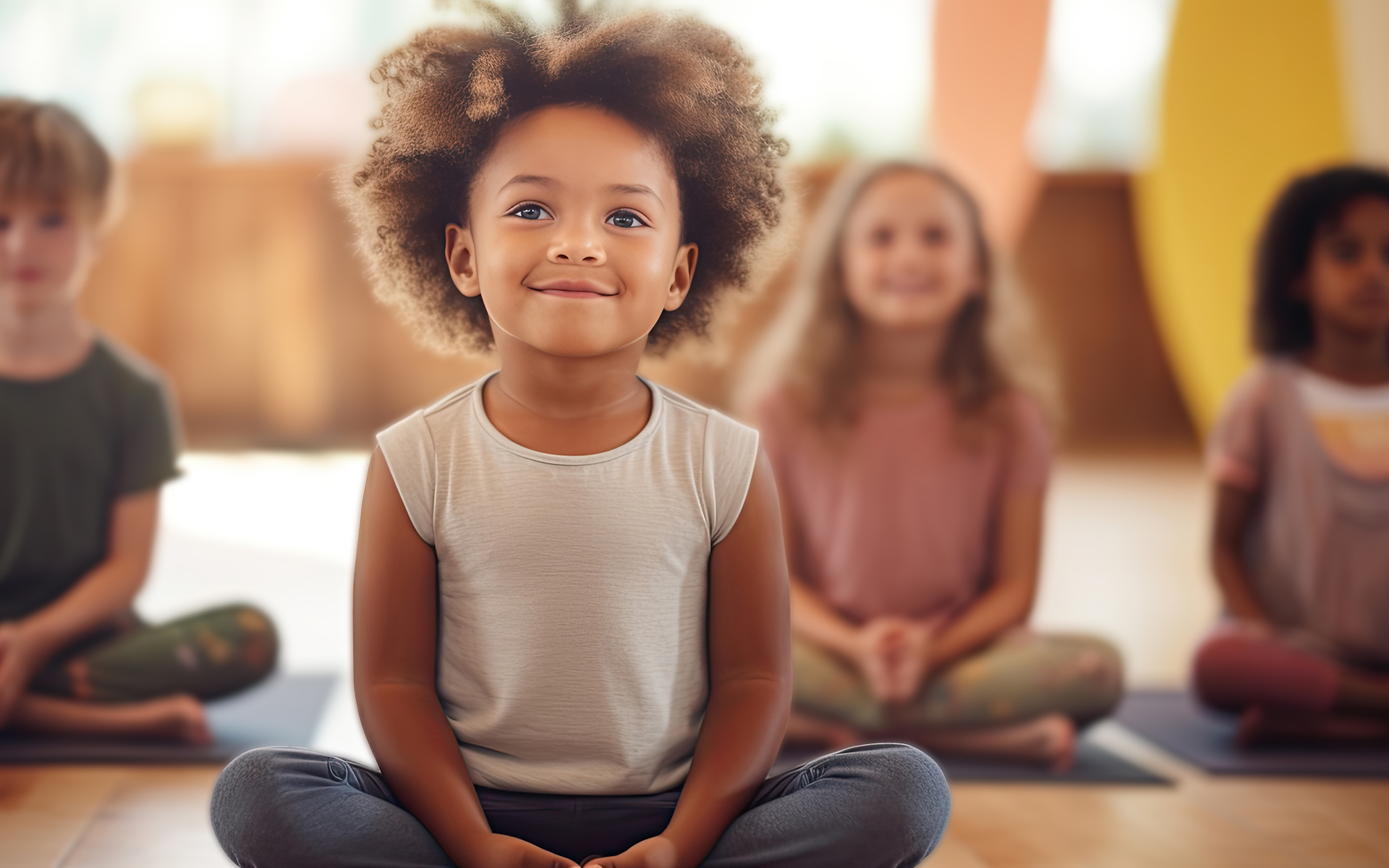Take a moment to reflect on what “the holidays” mean to you–whatever ones you celebrate and all the other parties that crop up this time of year. Or what they could mean, in a non-cliched kind of way. It’s not easy to approach this season with a blank slate, staying open to whatever happens. We all have our histories and hopes for the next time around.
We easily get caught up in three R’s of holiday preparation:
- rehashing past events,
- ruminating about present-day difficulties, and
- rehearsing stories of upcoming events.
And yet, as with any part of our lives, we can perhaps cook up a new “three R’s” this time around:
- Recognize our habitual patterns of thought,
- recalibrate, and
- remind ourselves what we’d like for our families during this stressful and busy time of year.
What might it look like to create a tastier, and healthy, family recipe from scratch? An emphasis on family and friends, without unrealistic expectations and pressures. Gratitude for what we have, instead of perfectionism, fantasy, or excessive regret. Giving back something to the community, perhaps too, without strings attached and with the realization that generosity improves our own well-being. The most valuable thing we can bring to the season may be the perspective we share with our friends, family, and anyone else we meet.
“Perfect” is what happens when we let go of expectations and enjoy exactly what we find—and create for ourselves.
Life itself, of course, is rarely like this perfectly executed recipe. Shorter nights may affect our mood, as do parties that cut into our sleep, and maybe eating and drinking a little too much here and there. While we could each probably write our own essay on why flashy gifts never lead to happiness for long, we get swept up and start counting on that one gift that will fulfill our dreams. Even when we find a moment of calm, everyone around us seems tightly wound and prickly. We start our holidays with the best intentions to keep our feet solidly on the ground, and then we get knocked around anyway.
Children are even more prone to this kind of family stress. Their capacity to manage emotion is still immature and not fully developed. Advertising messages affect children far more than adults, with an implicit consumerist message that happiness relies on getting more stuff. Therefore, children may falsely perceive that happiness does mean more gifts. Kids remain far more resilient when they sleep well, eat well, and exercise—but how consistently does that happen during the holidays? It’s unsettling even writing about the holidays as a parent, bringing up years of tiredness and excess and a sincere hope for something different next time around for my family too. We, as parents, instead of getting swept up in the holiday fervor may be able to find a more balanced way to engage with this season.
Simple Holiday Mindfulness Tips
The true intention of mindfulness practice, of course, is to affect how we live. Focus and settling are a starting point, and not a bad one to come back to over the holidays. In the midst of the chaos, find chances to let your mind relax for even a moment.
- Let go of “doing” something every moment of the day.
- Appreciate smaller moments of pleasure, whether in conversations, enjoying a favorite food, or a breath of fresh air.
- Make a mindfulness practice of giving full, but unforced, attention to sights,
smells, sounds, and the feel of any experience. - Settle your mind. The mind is like a snow globe; if it’s constantly shaken, it will remain unclear unless we create moments that allow all the snow and glitter to settle.
The mind is like a snow globe—if it’s constantly shaken, it will remain unclear unless we create moments that allow all the snow and glitter to settle.
Settling allows us to see our lives and our choices with clarity. We slow down long enough to reflect and create space for change. There may certainly be unavoidable obligations around the holidays—but how might we approach those moments differently than in the past? We may have intense pictures of what “should” be happening, or we may (particularly around family) get caught up in reactive habit around situations out of our control. For ourselves and for our children, we can gather our awareness, and mix in more active, clearer choices about what to prioritize these next few weeks.
How Parents Can Set the Pace for Mindful Self-Care
Mindfulness practice also contains the implicit assumption that our actions affect everyone around us. As a parent, if we take the time for self-care, that affects our children. In fact, one of the best predictors of a child’s stress level is their parents’ stress level. We cannot force any child to practice mindfulness, but each time we more skillfully approach a difficult situation, like an overtired, overfed child, we profoundly affect what happens next. We bring our best selves to the party more often, and through that action teach our children about life, mindfulness, and what we value.
Each time we more skillfully approach a difficult situation, like an overtired, overfed child, we profoundly affect what happens next.
Start with a solid container for the season, setting reasonable boundaries for yourself and your children around a minimum of self-care. The parts of the brain responsible for long-term planning and perspective, often called executive functioning, mature around 25 to 30 years old. That means children and teens rely on parents to keep track of the big picture. Whether it is the number of parties to
Three Ways to Cultivate Mindfulness at Home
- Practice gratitude with the family: Add a daily gratitude practice to the mix. It’s a useful perspective for your children in general and has been shown to increase happiness too. With meals or at bedtime, name something you’re thankful for about the day. Or play a game, working back from the food on the table in front of you: How many people were involved in preparing or growing or selling whatever you are eating? Someone baked it, did the shopping, stocked the shelves, drove the trucks, grew the ingredients, and more.
- Find small opportunities to meditate: Fold in a daily meditation practice. It’s easy to get lost in the hubbub and leave meditation for a New Year’s resolution. During a time of year meditation may be most grounding, we drop it. Instead, sprinkle in quiet whenever you find it, allowing yourself a few minutes of not doing anything. Recommit to a short practice when you wake, as part of bedtime–or maybe together right before going to the next family event. A more consistent practice builds mental traits valuable for both parents and children. With time, those useful skills become (to overcook this metaphor) more baked into the rest of your life and your family’s.
- Let go of being the perfect role model: Top that all off by letting go of “perfect,” because it isn’t going to happen. Stress itself has been defined as getting what you don’t want, or not getting what you do want—a recipe for misery during the holiday season—whether it means an unexpected gift or a party gone awry. Notice mental pictures of how things “should” be. Catching them, label them “thought” and see if you can release them for a moment. Perfect is what happens when we let go of expectations and enjoy exactly what we find—and create for ourselves—this holiday season instead.
This article originally appeared on GarrisonInstitute.org. The Garrison Institute bridges contemplation, science, and action in building towards a more compassionate and resilient future.
more ways to de-stress
A 12 Minute Meditation to Defuse Holiday Stress
‘Tis the season to give up the guilt. Here’s a practice for taking a more mindful approach to the holidays.
Read More
3 Ways Mindfulness Can Help You Survive Family Occasions
Mindful tips for keeping your sanity around the holidays from Google’s Chade Meng-Tan.
Read More









